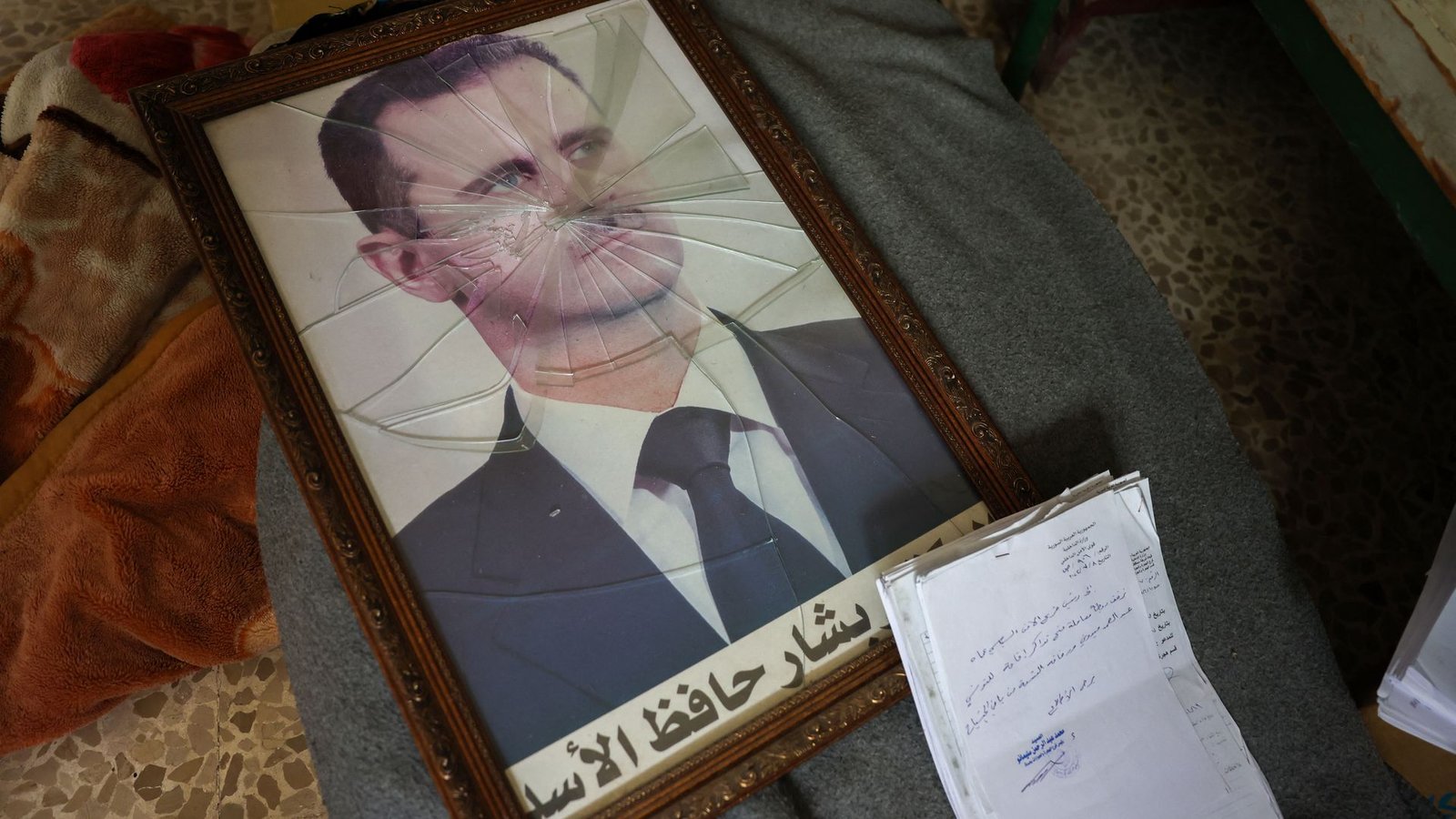Syrian rebel groups seized control of Damascus on Sunday and declared the country to be “free,” following the capture of several major cities in a lightning offensive over the past several weeks. Why it matters: The rebels’ move into Damascus with no meaningful resistance is proof of the de facto collapse of the Assad regime, which has clung to power through 14 years of civil war.
• It’s a stunning development and another major regional earthquake after a year of war in the Middle East, further destabilizing Syria and the region in the short term.
• In the longer term, it could have dramatic implications not only for Syria, but also its allies: Russia, Iran, and Hezbollah, which helped keep President Bashar al-Assad in power after the 2011 uprising.
State of play: Reuters reported on Sunday morning local time that Assad has left Damascus to an unknown location.
• On Sunday morning, the rebels also took control of the infamous Sednaya prison in the suburbs of Damascus and freed hundreds of prisoners.
• Videos on social media showed Syrian soldiers leaving their positions in Damascus, taking off their uniform and changing to civilian clothes.
• Al Jazeera and other Arab TV networks aired videos of thousands of people in the main square of Damascus cheering and celebrating the fall of the Assad regime.
• Damascus International Airport is also under rebel control.
The latest: One Syrian opposition leader — Hadi al-Bahra, who is head of the Syrian National Coalition — told Al-Arabiya that the Assad regime has fallen.
• He said the goal is not revenge, but restoring security and stability to the country.
• The prime minister of the Assad regime, Mohammad Ghazi al-Jalali, said in a statement from his home in Damascus that he was not leaving Syria and was willing to conduct a peaceful transition of power.
• He called for all Syrians, including the opposition, not to damage state institutions or harm anyone.
Shortly after Al-Jalali’s statement, Abu Mohammed al-Jolani — the leader of the Islamist rebel group HTS — called on all rebel groups in Damascus to stay away from government institutions.
• He stressed that these will stay under the supervision of the former prime minister until an orderly transition takes place.
• White House spokesman Sean Savett said in a statement: “President Biden and his team are closely monitoring the extraordinary events in Syria and staying in constant touch with regional partners.”
The big picture: The collapse of the regime marks the end of 53 years of Assad family rule in Syria, which began with Hafez al-Assad seizing power in a coup in 1970.
• His son, Bashar, succeeded him after his death in 2000 and became an international pariah after his brutal response to the Syrian uprising in 2011.
• The collapse of the regime also signals the end of the secular Ba’ath Party’s rule over Syria — and the end of more than five decades of rule by the country’s Alawite minority.
The intrigue: A Syrian Ilyushin-76 plane suspected of carrying Assad departed Damascus airport shortly before the rebels entered, according to FlightRadar.
• The plane made its way northwest and then turned near the city of Homs and rapidly decreased its altitude before disappearing.
This story is breaking news. Please check back for updates.
